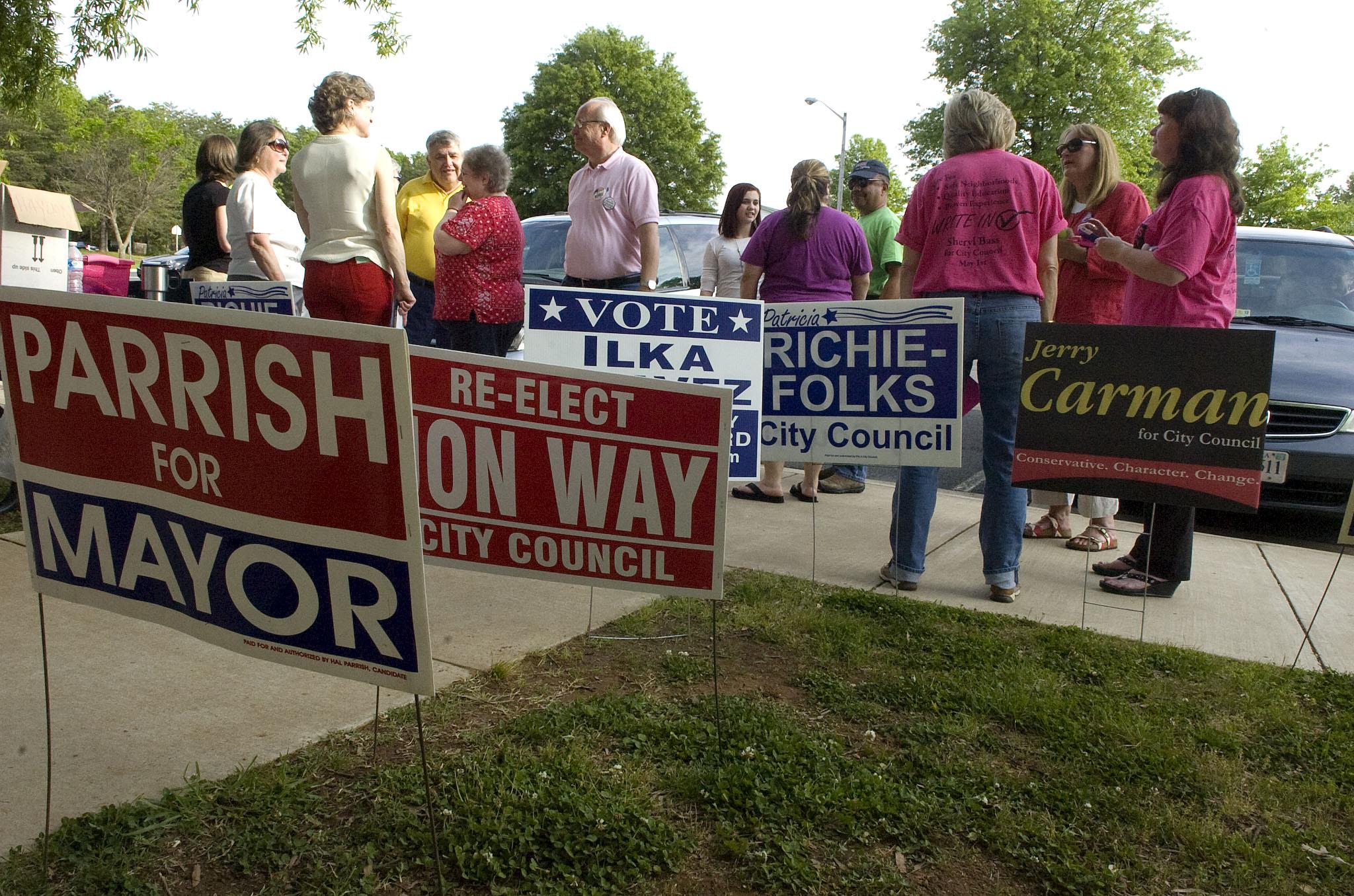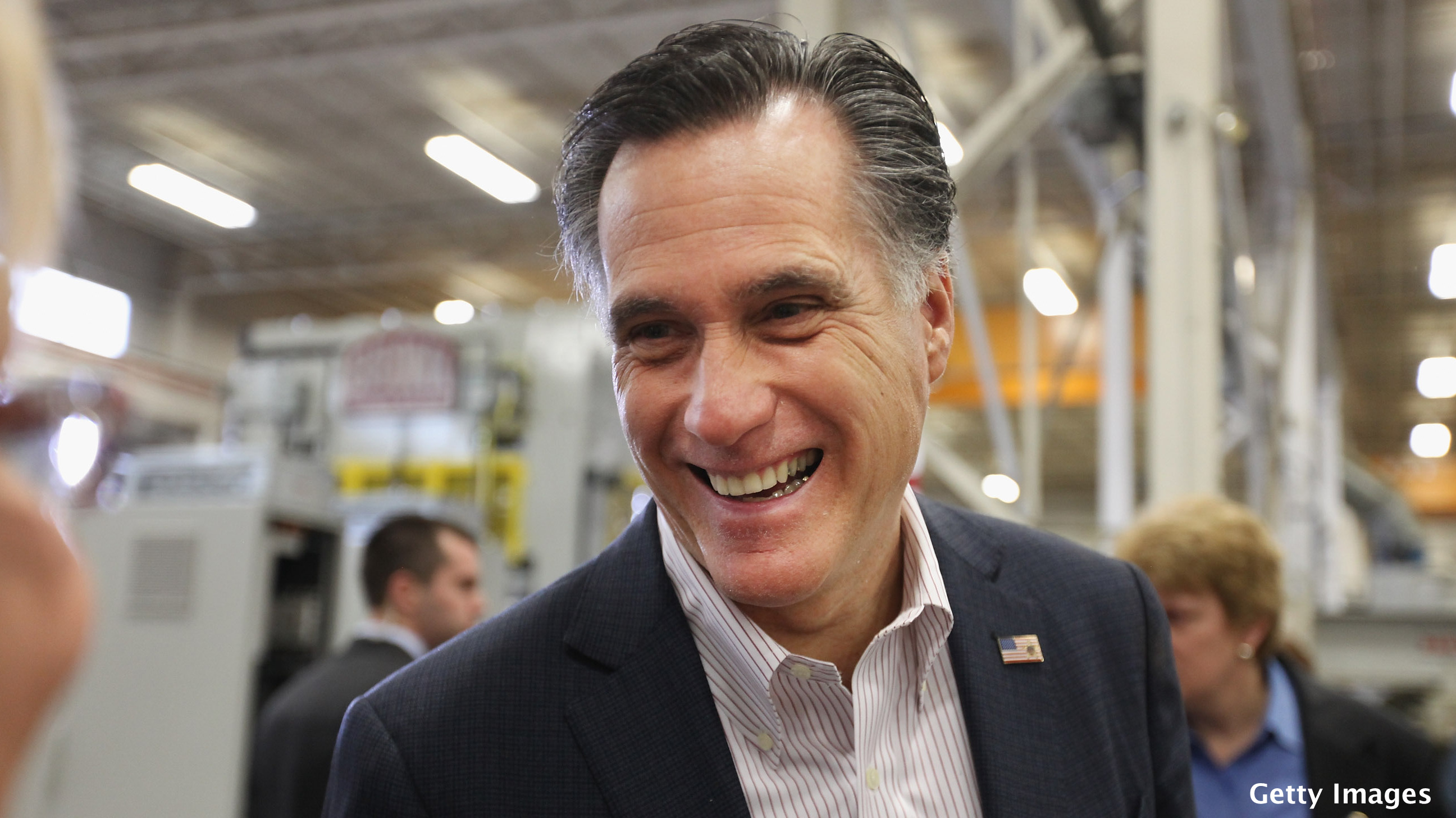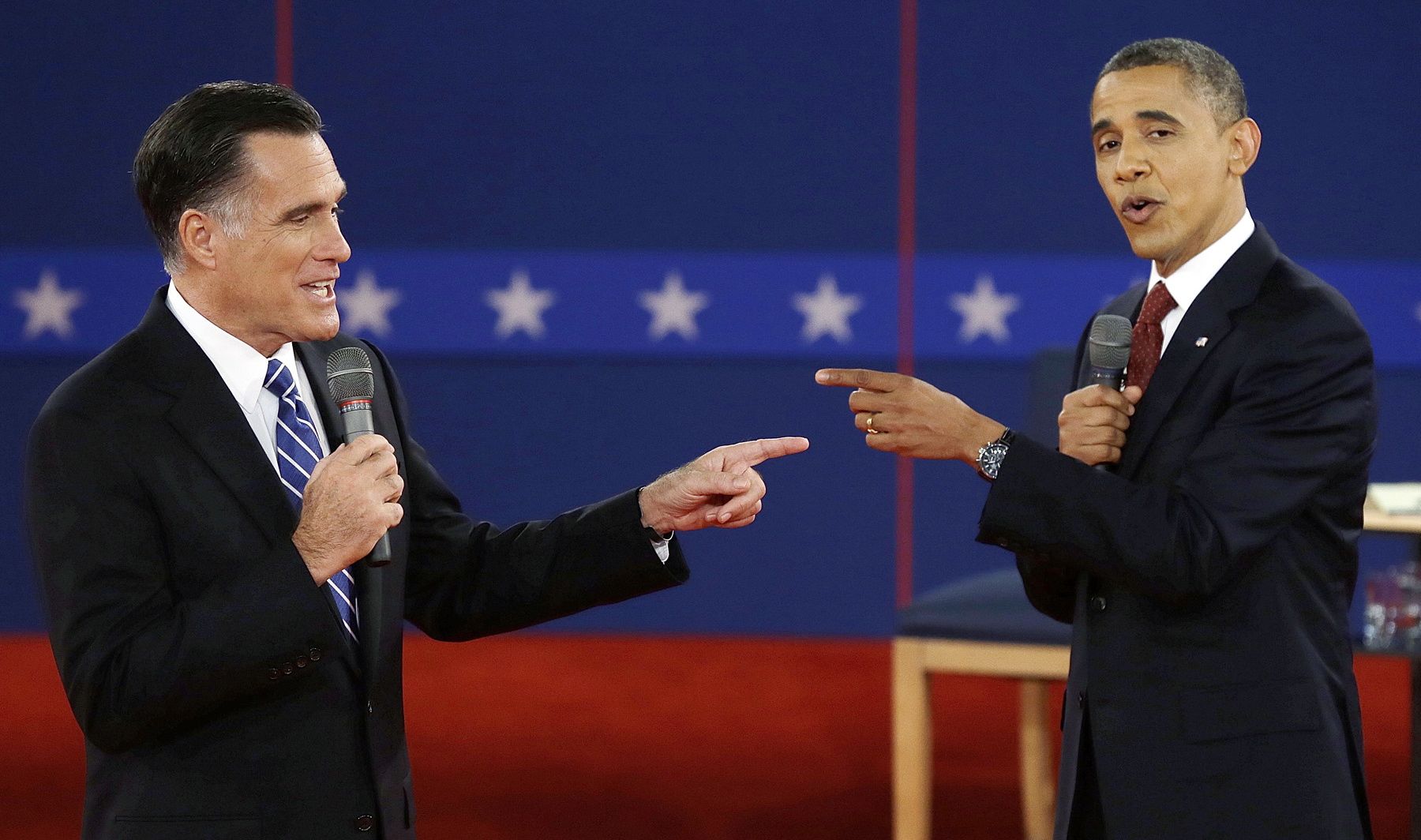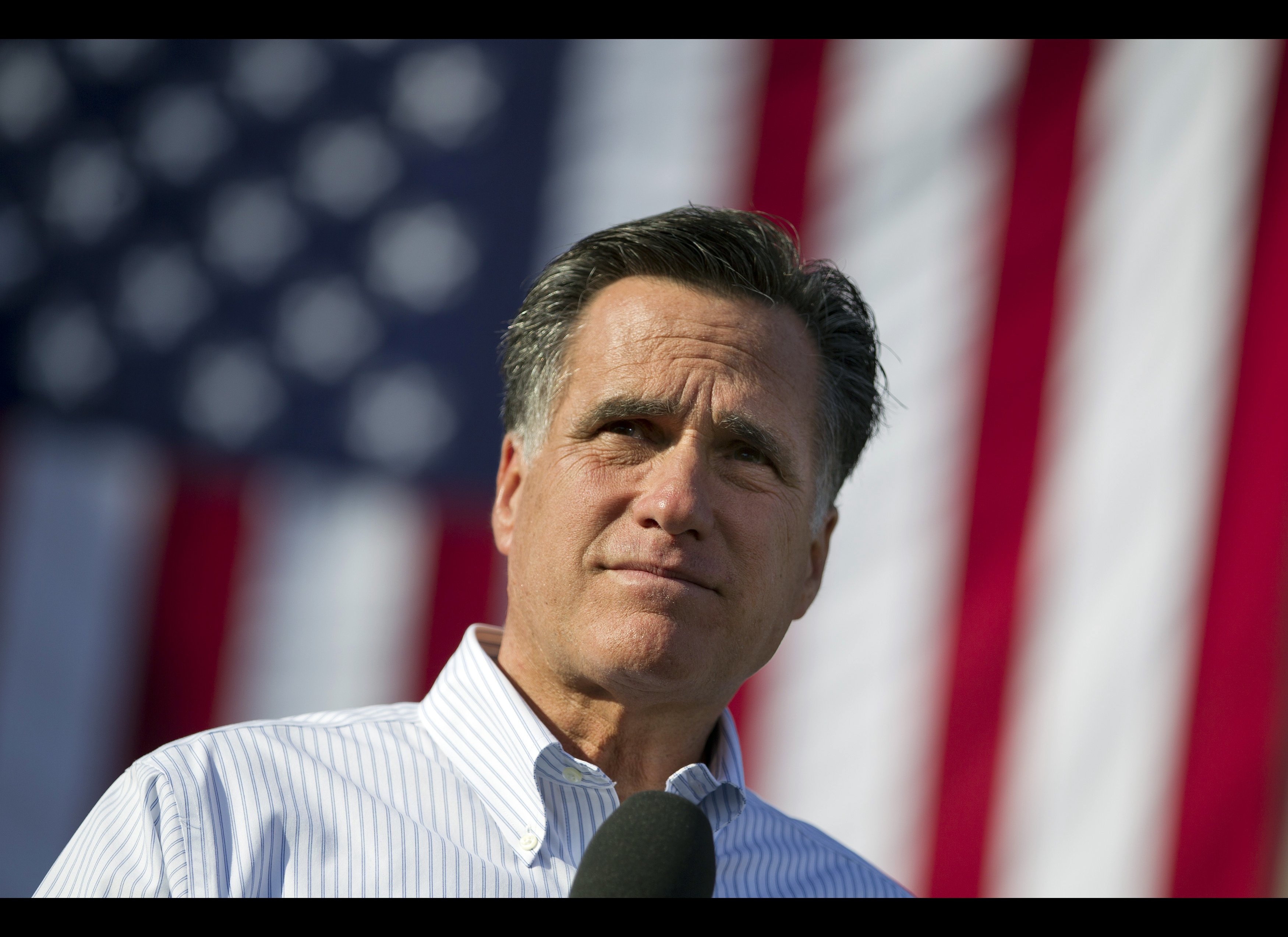With Election Day finally upon us, it’s the ground game that will separate the winners from the losers in close races across the country.
We asked a group of campaign managers and GOTV pros for an Election Day game plan and came away with 10 things your campaign needs to make time for on Tuesday.
1. GOTV reminders-early and often: The general consensus on this one is that no amount of voter contact on Election Day is too much. So send out timed emails, Facebook and Twitter reminders, as well as texts to drive voters to the polls and help them find their voting locations.
2. Senior staff meetings: Even with the craziness of Election Day, senior staffers should make time to get on a call at least twice on Tuesday. Consulting with one another at Noon and 4 pm, for example, lets your team make strategic decisions or adjustments based on what you’re seeing on the ground.
3. Watch the poll watchers: Your data gathering efforts hinge on the performance of your staffers on the ground, so ensure that your poll watchers are properly monitoring what’s happening at polling locations and crossing voter rolls against their lists.
4. Run a sweep of voting precincts: Make sure your campaign knows what voters will be facing when they arrive at heavily trafficked voting locations. Place volunteers at the polls with signs clearly directing voters where to go, and ensure your volunteers are complying with the law.
5. Be strategic with the candidate: When it comes to the candidate and top surrogates, their time and presence is just as valuable on Election Day itself. So don’t just put your candidate in front of any old polling place to greet voters-be strategic about it. They should be in precincts where voters are most persuadable or where turnout may need a boost.
6. Don’t stop the door knocks: When it comes down to it, door-to-door is the best way to get out the vote. Make sure you have enough canvassers at the ready to keep up the door knocks throughout the day on Tuesday, targeting those who have yet to make it to the polls.
7. Stay responsive: Make sure you’re aware of what voters may be facing en route to the polls. If the weather’s an issue in your part of the country, or a major traffic jam pops up at 5 pm, do what you can to respond. Voters in some areas may need some addition encouragement to get in line at the polls.
8. Keep volunteers and staffers in check: It’s easy to let your passion get the better of you on Election Day, but make sure no one from your campaign gets carried away. Warn volunteers about the dangers of last-minute theatrics-bullying at the polls or stealing yard signs. And if you hear that it’s happening, work to shut it down quickly.
9. Energize the troops: Keep in mind that canvassers and other volunteers may need some additional encouragement throughout the day Tuesday. Consider a midday conference call with folks to update them on the day’s progress and energize them for the afternoon push.
10. Feed your volunteers: You may be too nervous to eat for most of Tuesday, but your volunteers need fuel and caffeine. Make sure someone’s in charge of keeping them fed and happy, because you may need them to be at their best at 7 p.m.



